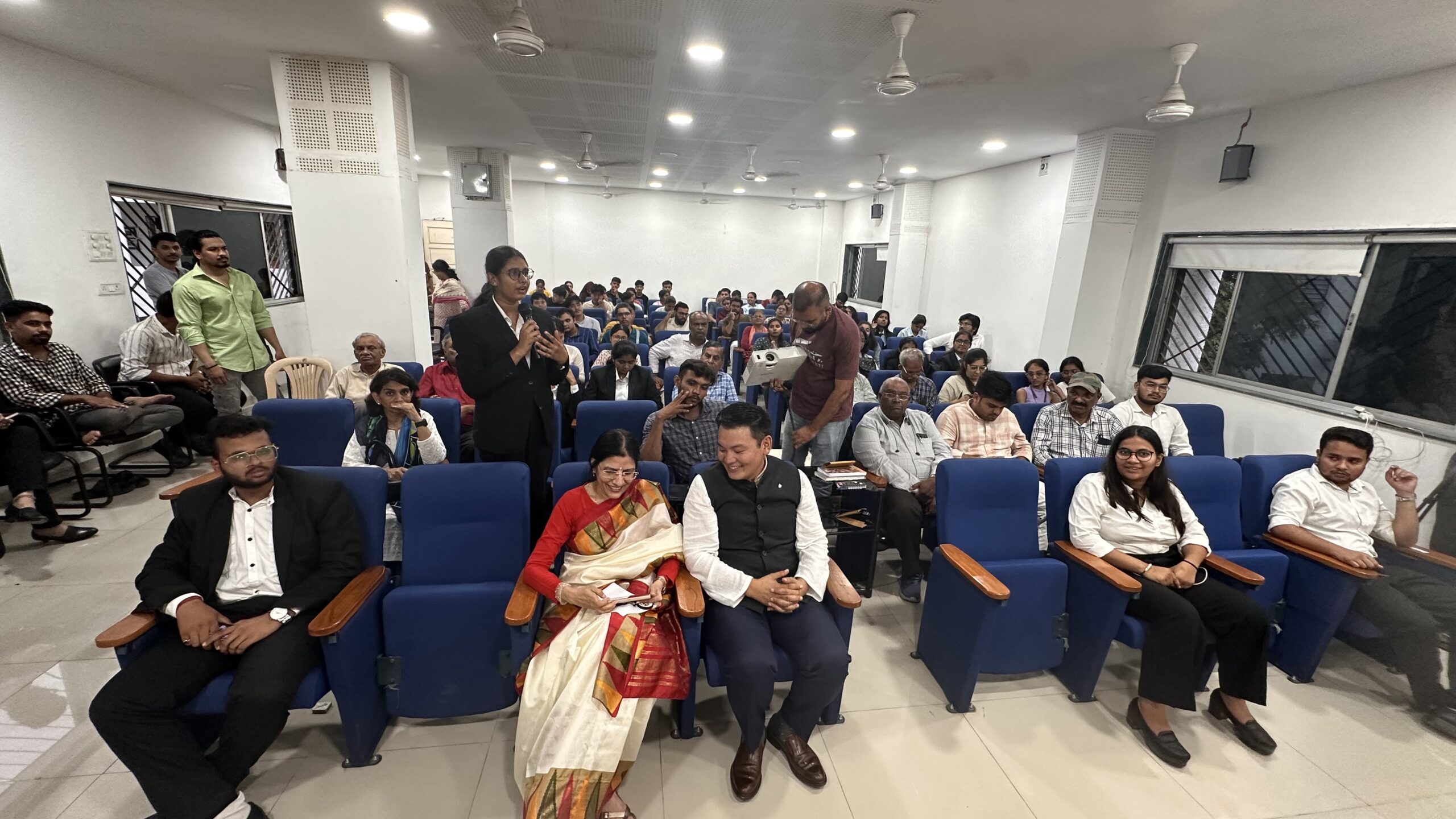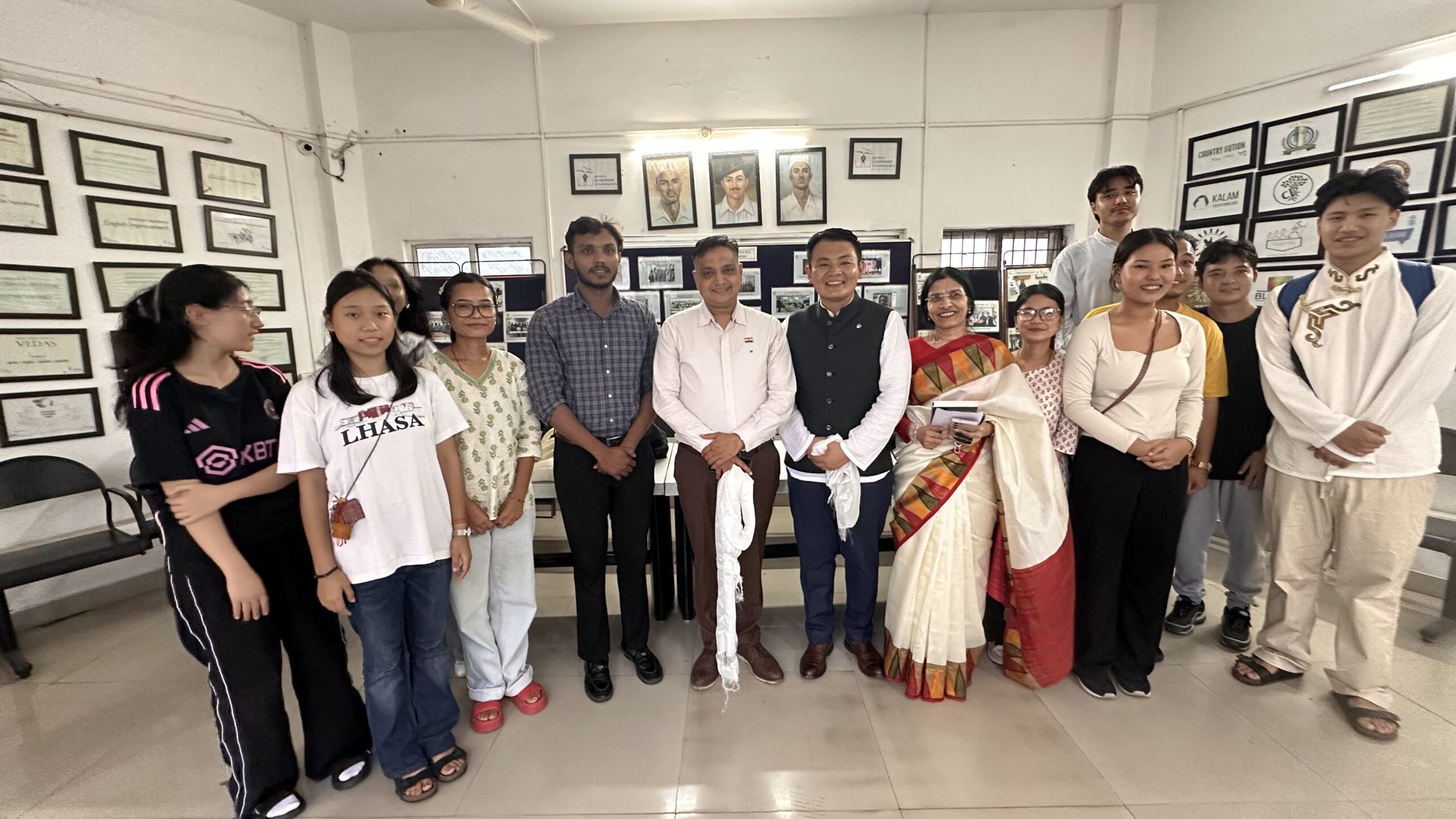July 7, 2025: In honor of His Holiness the 14th Dalai Lama’s 90th birthday, the 108 Peace Institute, in collaboration with the Institute of Leadership & Governance, the Maharaja Sayajirao University of Baroda organized a public lecture on ‘The Dalai Lama at 90: Legacies and the Road Ahead’.
The lecture was presided over by Prof. Reena Nrupen, the Honorary Director of the Institute of Leadership & Governance. Prof Reena spoke on the relevance of the Dalai Lama’s teachings in this “fractured world” and mentioned that Dalai Lama’s teachings resonates much needed leadership based on inner transformation.
Mr Yeshi Dawa, senior researcher at the 108 Peace Institute delved into the four principal commitments of the Dalai Lama. He raised concerns over China’s assertion of the right to select the next Dalai Lama, highlighting the contradictions in the Chinese Communist Party’s approach to religion. One of the key takeaways from the event was the so-called “Golden Urn” narrative, which was critically examined in light of historical evidence. Mr Dawa pointed out the paradox of an atheist state intervening in deeply spiritual and religious matters, despite early denunciations of religion by CCP leaders, including Mao Zedong’s infamous remark to the Dalai Lama that “religion is a poison.”
The session also revisited the controversial selection of the 11th Panchen Lama, citing Arjia Rinpoche’s account in “Surviving the Dragon”, where Ye Xiaowen, the then Bureau of Religious Affairs official admitted to hand-picking the candidate. The talk further emphasized the highly refined Tibetan Buddhist tradition of identifying reincarnated lamas through prophecies and spiritual signs—methods used in the recognition of the 14th Dalai Lama.
Mr Dawa also discussed access to sacred sites like Mount Kailash and appealed the audience to thwart China from interfering in the Dalai Lama’s succession which could have a serious geopolitical implications.
The lecture was attended by more than 100 participants including Professors, faculties and students. At the end of the talk, a copy of ‘Voice for the Voiceless’ was presented to the Institute of Leadership & Governance as a souvenir.

